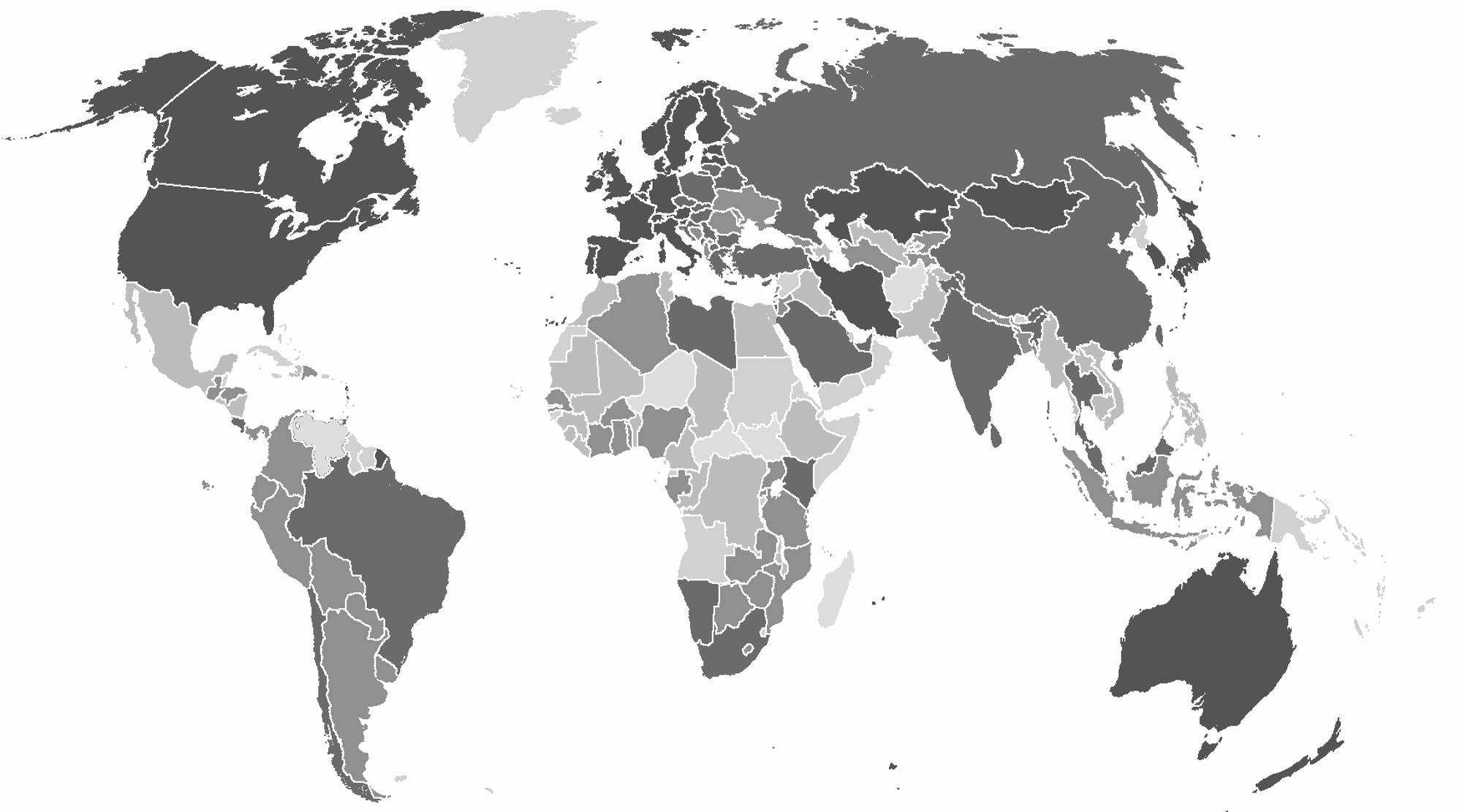The COVID-19 pandemic is impacting human activities, and in turn energy use and carbon dioxide (CO2) emissions. Here we present daily estimates of country-level CO2 emissions for different sectors based on near-real-time activity data. The key result is an abrupt 8.8% decrease in global CO2 emissions (−1551 Mt CO2) in the first half of 2020 compared to the same period in 2019. The magnitude of this decrease is larger than during previous economic downturns or World War II. 1
As Covid-19 spread across the globe in the spring, prompting nation upon nation to impose strict lockdown measures, the natural world briefly reasserted itself: Cloudy Venetian canals grew clearer. The smog dissipated over the Hollywood Hills. Cars vanished from the roads, leading to a significant, though temporary, drop in carbon dioxide emissions. These developments were encouraging, suggesting that dramatic change was possible, and that there was hope for a greener future after all.
Yet, as the pandemic has continued, it has also caused the use of disposable plastics to skyrocket. Grocery bags and latex gloves fill our trash bins. Discarded face masks flow down the drains of our city streets and into our waterways, potentially harming sea life. Whether we realize it or not, discarded plastics are choking the life out of our ecosystem.
Both environmental pollution and the pandemic share an unnerving trait: The mechanisms and processes that underlie them remain largely invisible to the naked eye. We can’t see the microplastic contaminants we may be ingesting when we eat food from the sea today, just like we can’t see the respiratory droplets of the coronavirus as they pass from person to person. This fact can make these threats feel particularly overwhelming.
None of us are naturally immune to the virus, or to the effects of pollution and climate change…. Wearing a washable and reusable mask is an easy way to protect your neighbor’s health and assure that less plastic ends up in the ocean. To protect our waterways further, we should avoid buying consumer goods wrapped in plastic, which will in turn lower the demand for such products.2
We live in a closed-loop system. We can’t actually throw things “away.” The plastic we toss in the garbage often just ends up inside the bodies of marine animals, before finding its way back inside of us. We have the ability to dictate the magnitude of the coronavirus and climate crises if we can simply absorb the lessons of science, including the hard truth that devastation awaits if we act too late. We must learn that to be on nature’s side is to be on humanity’s side.”
1 Near real time monitoring of global CO2 emissions reveal the effects of the covid-19 pandemic
Nature Communications, 14 October 2020
2 Our Oceans, Our Future by Fabien Cousteau, NYT, Dec 9, 2020
Image Credit:
Anthony Wallace/Agence France-Presse — Getty Images

